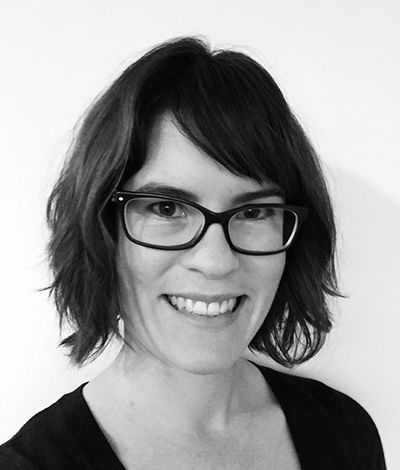“I really like working as a research scientist at the interface of academia and industry.”
Why did you study chemistry?
I really enjoyed studying science in high school, and so I pursued a Bachelor of Science (Honours) majoring in chemistry and pharmacology. My interests in medicinal chemistry research drove me to do a PhD in the area.
What does a typical day in your job look like?
Normally I wake up at about 7am, and have breakfast looking out over the sprawling Melbourne suburbs. If the weather is fine I might ride to work, or catch the train if it is raining or I have some reading that I want to do. The commute is a great time to catch up on the latest papers in my field, or edit my own papers that I am writing.
Once I arrive at work, my day is usually a big mix of things. Sometimes I spend all day at my desk, or all day in the lab, and sometimes I am back and forth between the two. In the lab I am usually setting up, checking on or ‘working up’ my reactions, taking samples for analysis to the characterisation facilities and talking to other scientists about my results (or science more generally). A fair bit of time is spent interpreting these results and writing them up into papers at my desk.
I also attend seminars to keep up to date on research in related fields and attend meetings to update the group on my research, or for other committees that I am a part of. I love my job because no one day is the same, and I get to interact with enthusiastic and like-minded people every day.
My commute home is usually spent checking personal emails, listening to music and/or playing ‘Words with friends’ against my friends and family. I try really hard to maintain a good work-life balance so I usually don’t bring work home with me, and instead spend my nights relaxing, through cooking, reading, watching TV, brewing beer or playing my guitar.
What advice would you give to anyone starting their career?
My 5 top pieces of advice are:
- Take every opportunity that comes your way, but know your priorities and recognise when to say ‘no’.
- Take initiative and drive your research from the very beginning of every project.
- Network, network, network! Don’t wait for that collaboration or job or anything to come your way. If you want it – go for it!
- Learn some good science communication techniques – even if you’re shy! What’s the point of doing great research if you can’t tell anyone about it?!
- Perseverance will unequivocally get you where you want to go.

Dr Lucy Weaver
Job title
OCE Postdoctoral Fellow, CSIRO, Melbourne
Qualifications
Bachelor of Science (Honours)
PhD
Profile published 2016
